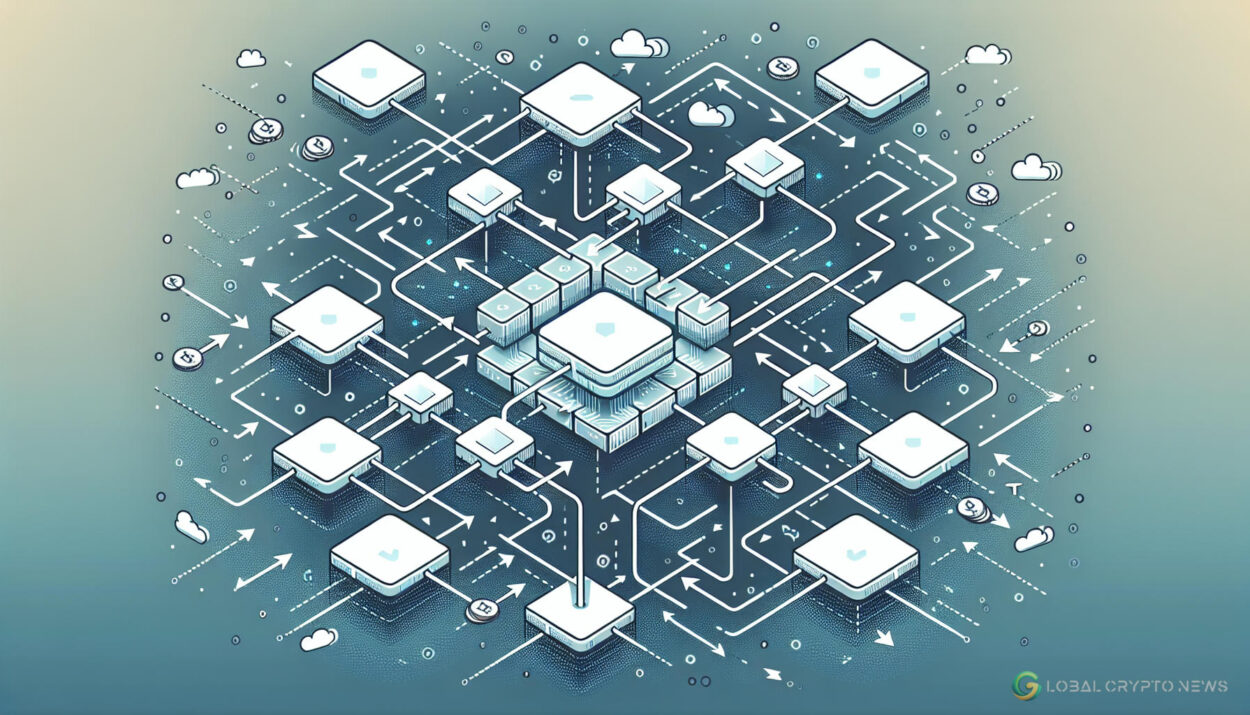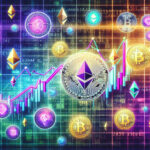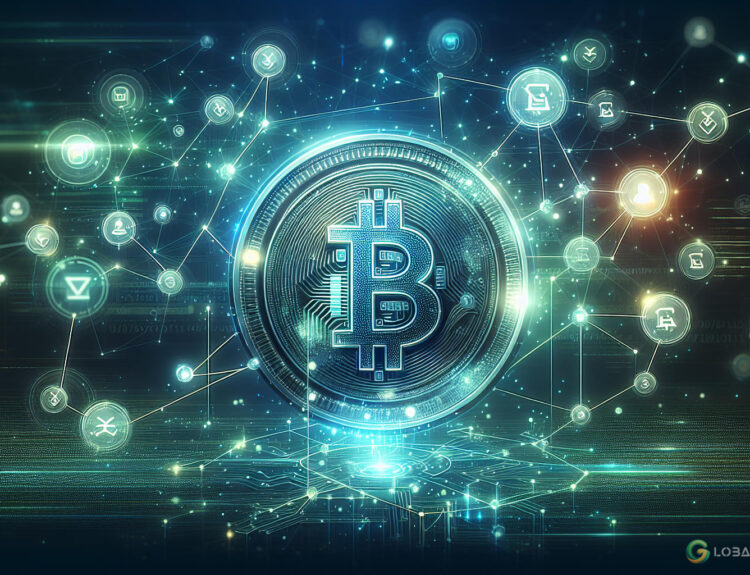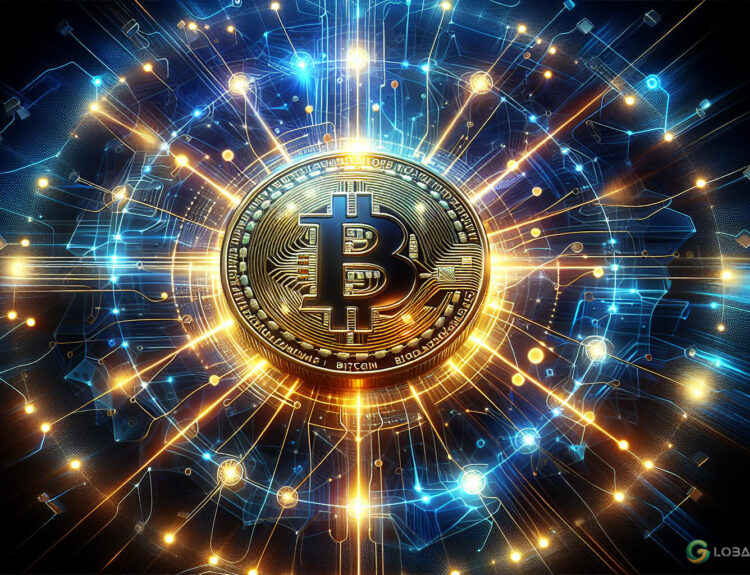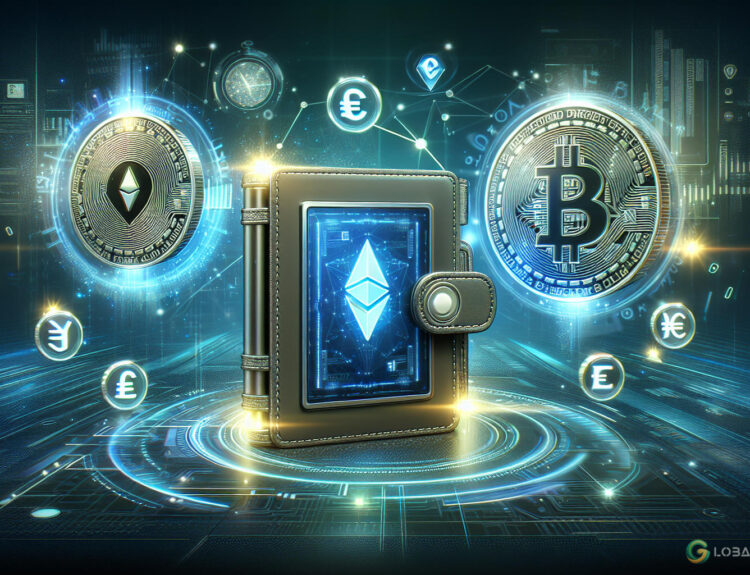Founder of DeFi Report, Michael Nadeau, has concluded that Uniswap’s upcoming layer 2 solution, Unichain, could bring significant value to Uniswap Labs and its token holders.
Unichain’s Potential Financial Impact
In an October 14 post, Michael Nadeau stated that Uniswap Lab’s latest layer 2 solution, Unichain, could potentially earn them nearly $500 million a year from settlement fees that would otherwise be paid to the Ethereum network.
He explained that the protocol will no longer have to pay a settlement fee of $368 million to Ethereum validators once they launch Unichain. Instead, the funds will go to Uniswap Labs and likely benefit UNI token holders.
“Uniswap generated nearly $1.3 billion of trading and settlement fees across five primary chains over the last year,” Nadeau noted. “The protocol and token holders captured none of that value, as 100% went to Liquidity Providers, Ethereum Validators, MEV bots, and the L2 sequencers.”
Additional Revenue from Staking Maximal Extractable Value (MEV)
In addition to the settlement fees, Uniswap could potentially reap benefits from staking maximal extractable value (MEV), which is the maximum value miners or validators can get from rearranging and reordering transactions waiting to be added to the blockchain.
Because Uniswap owns all the validators on the Unichain network, Nadeau predicts the MEVs will no longer go to Ethereum validators. This could add an estimated $100 million to Uniswap’s yearly revenue, based on data from last year’s MEV percentage.
“MEV is estimated to be about 10% of total fees paid on Uniswap ($100 million over the last year). They will have the option to share some of this with token holders as well,” Nadeau wrote in his post.
Challenges and Criticism
Despite the potential benefits, Nadeau noted that last year Uniswap generated $1.3 billion from trading and settlement fees across five primary chains: Ethereum, Optimism, BNB Chain, Base, and Polygon. Unfortunately, none of the funds went to the protocol or its token holders.
With Unichain’s launch, Ethereum validators could lose a significant portion of the $368 million they would get from settlement fees paid by Uniswap. Additionally, ETH token holders could be negatively impacted as the protocol would burn less ETH and allocate more settlement fees to UNI token holders.
“At the end of the day, Uniswap is simply integrating within the tech stack so that they can control more of the value they are creating through their interface and smart contracts,” said Nadeau.
In September 2022, Ethereum co-founder Vitalik Buterin criticized the idea of Uniswap creating a layer 2 blockchain. He stated that a Uniswap chain or rollup contradicts Uniswap’s selling point.
“Uniswap’s main value proposition is that you can just go and get a trade done in 30 seconds without thinking about it. A Uniswap chain or even rollup makes no sense in that context,” said Buterin.
Unichain’s Launch and Future Prospects
On October 10, Uniswap Labs announced its plans to unveil a new open-source Ethereum-based layer-2 network called Unichain. Uniswap Labs explained that the Optimism-powered project would address scalability challenges that have hindered Ethereum’s broader adoption.
At the time of writing, the layer 2 solution is available on a live private testnet, and a public mainnet launch is scheduled for later this year.
Stay updated with the latest developments in the cryptocurrency world and explore more news on Global Crypto News.
#CryptoCommunity #DataProtection


















